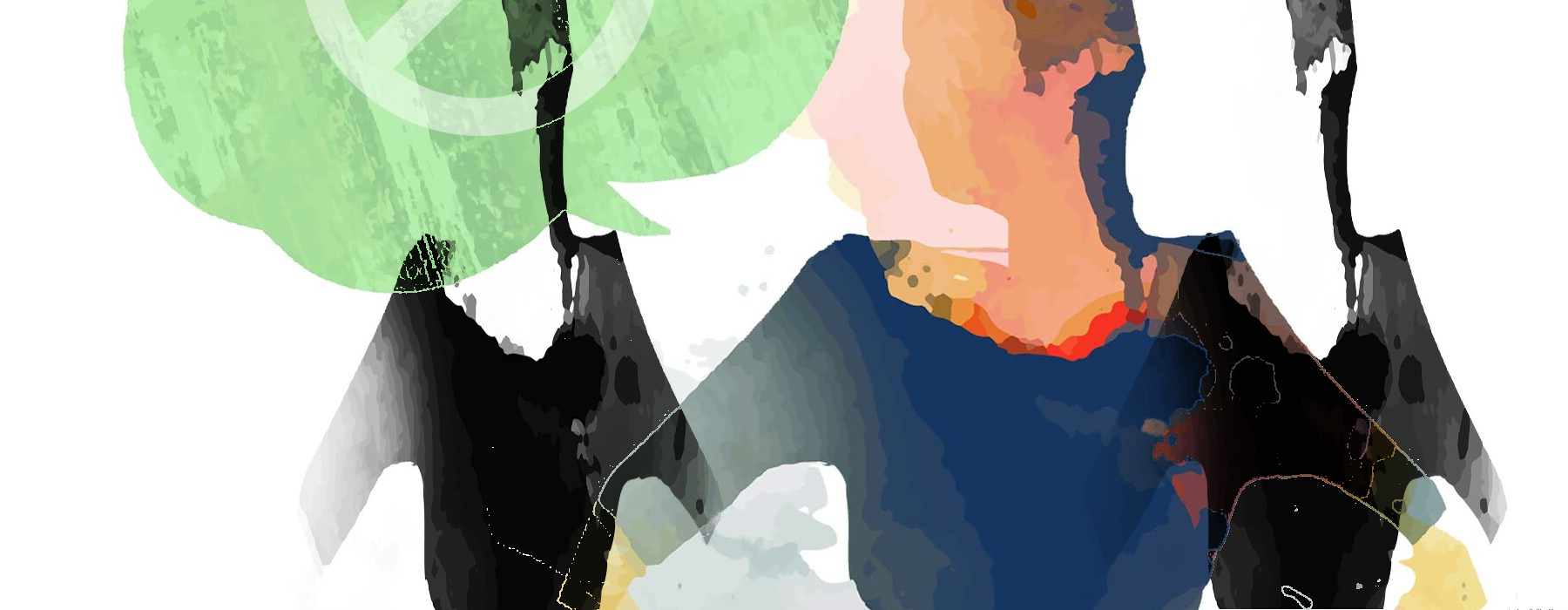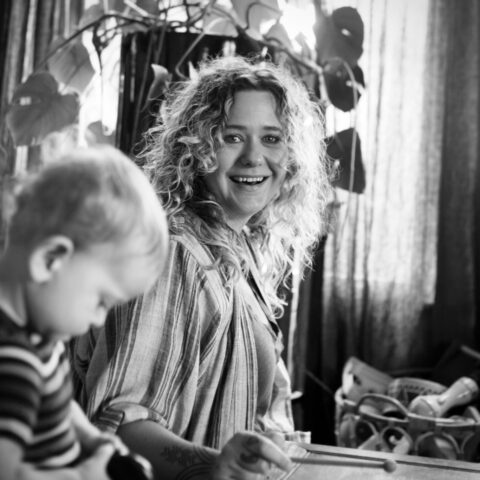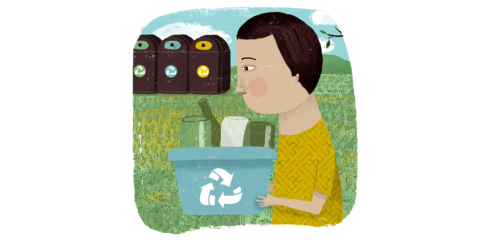Are you a “yes” person? Do you feel guilty about turning down requests to do extra work, help a friend or go to an event you’d rather avoid? Lucy Corry looks at how saying “no” can sometimes be better for everyone.
Maria Richards has a lot on her plate. She’s got a full-time job, runs a thriving Instagram-based recycled fashion business and has three kids. One of the things that helps her keep it all together is a solid ability to say no when she can’t, or doesn’t want to do something. In a world where women are conditioned to say yes to everything, no matter the personal cost, Maria is a bit of a unicorn. But even she has her weaknesses.
“I’m pretty strong-willed and outspoken, so I can easily say no to something if I don’t agree with it,” she says. “But it depends on who’s asking; I can say no at work without too much trouble but it’s harder to say no to my friends and family. I have to remind myself to consider the impact of saying yes.”
Why do many women feel this need to say yes when we might rather say no? It turns out that there are all sorts of reasons.
Health psychology specialist Dr Fiona Crichton, clinical lead for mental wellbeing app Mentemia, says our brains prefer a nice, easy yes to a potentially threatening no. Saying no triggers the amygdala, the emotion-processing and expressing part of the brain that’s always on the lookout for danger, and sparks a “fight or flight” response.
“In terms of our biology, we’re wired for connection. Saying no can feel really uncomfortable.”
Cultural conditioning also plays a part. Fiona says many New Zealanders don’t like conflict (as demonstrated by the classic Kiwi “yeah/nah”), so we often say yes when we mean no. While we might feel as if an affirmative answer resolves the immediate threat, not being upfront about what we want can come back to bite us.
“Avoiding saying no, or saying yes but not really committing to doing something can cause us a lot of problems. We might say yes because we don’t want to disappoint someone, but then we’ll hide and think, ‘why did I do that?’ Or we say yes, and then resent the person for asking.”
Saying yes and not meaning it has the potential to cause worse repercussions than a simple no, Fiona says.
“As women, we are used to reacting quickly all the time because we’re so busy. We need to step back and think: ‘Is this serving me? What do I need in my life?’ We need to be intentional and set boundaries around our time for ourselves and our families. If we don’t protect the time we need for unwinding and recharging, we can’t be a great friend or a great work colleague.”
After working for the same company for 20 years, Maria feels completely confident about saying no at work, but says she’d be more prone to saying yes if she hadn’t been there as long. Fiona says insecurity makes a lot of women feel compelled to say yes at work.
“They don’t want to say no because they’re worried about looking incompetent or lazy compared to male colleagues. I started out working as a lawyer in the 90s and there was a definite inclination to say yes and do twice as much because we thought we had more to prove.”
Are women more prone to saying yes to things than men? Yes, says Wellington clinical psychologist Karen Nimmo, because we tend to feel more responsible for everyone else’s feelings.
“I don’t like stereotypes, but women feel better when everyone in the nest is happy. That primes us to say yes.”
Some women are more prone to being “yes” people than others, Karen says. If you’re a worrier by nature, have perfectionist tendencies and high standards, or strive to be liked, there’s a high chance you’ll say yes to all the requests that come your way. Family and cultural background play a part too, especially if you grew up in an environment where you had to be the “good girl” or the mediator.
She says women who can’t help but say yes all the time run the risk of suffering what she calls generosity burnout, “when you give and give and give and deny the signs in yourself that you’ve got nothing left”. At best, this leaves constant givers feeling irritable, cynical and as if they’re always falling short or never quite giving or doing enough. At worst, getting caught in the yes trap can cause depression and anxiety.
“Sometimes the reason we say yes is that it makes us feel good – because it’s nice to be asked – but there’s a mental and physical price tag if you don’t know your limits.”
Karen, who admits she’s a recovering “yes” person, says it is possible to unlearn the automatic yes response. “The bottom line is learning to prioritise yourself, your needs and your health. Once you do that, all things flow from there.
“I’ve got much better because I’ve had to. Age helps, because you’ve only got so much energy. I used to be someone who would always leave the door open, but I know now that a clear no is better than a wishy-washy response.”
Fiona agrees. She says true friends will understand and appreciate a definite no – and the opinion of everyone else don’t matter.
“If you’re saying yes because you’re worried about disappointing people or being judged, it’s important to know that other people will not be thinking about this as much as you think they are. People are busy enough thinking about their own selves, not you,” Fiona says.
“If we say no, we’re actually doing ourselves a favour. Generosity is important, but martyrdom is not a good thing.
How to say ‘NO’: Karen Nimmo’s strategies:
- If you don’t want to do something, say no clearly. Be polite. You don’t have to give a reason. No is a complete sentence.
- Draw boundaries around your time and keep them. Make looking after yourself a priority. Don’t relax the rules for your partner or family.
- Know the difference between reactive giving and proactive helping. The former is all about saying yes because you feel bad about saying no, the latter is a genuine yes for a good reason that will also benefit you.
- Recognise that by saying no, you’re training others in how to treat you. Every time someone asks, the way you reply teaches people about the way you want to be treated.
- Remember that doing things for others is not a way to make friends. The best way to make other people like you is to respect and act for yourself.
Lucy Corry is a Wellington writer, mother and cook, and her new book, Homecooked, has just hit the shelves.








